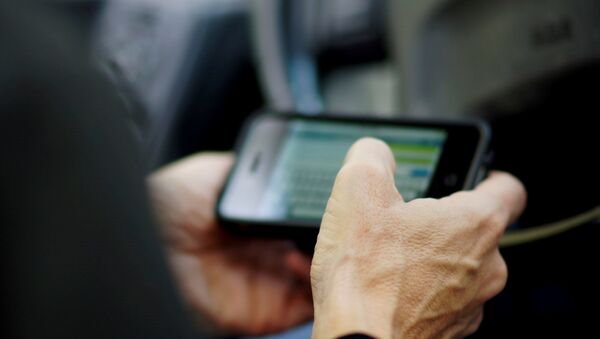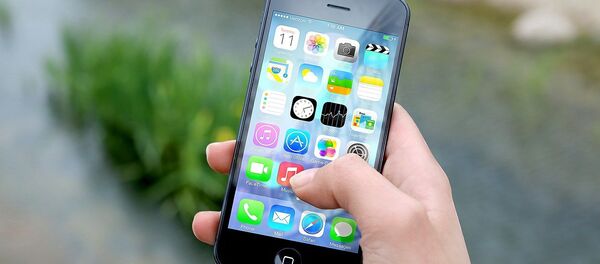The lawsuit, which names Ceja and "other similarly situated" plaintiffs, states that Apple has had a technology that prevents iPhones from being used to text while driving, as far back as in 2008. The company applied for a patent for this technology in that year, and it was granted in 2014. According to the patent abstract, the technology uses the smartphone's built-in motion analyzer and scenery analyzer and "does not require any modifications or additions to the vehicle."
No iPhone is equipped with this feature, because, according to the lawsuit, Apple is "fearful" that implementing its patented technology "would cause it to lose valuable market share."
The lawsuit alleges Apple and its iPhones are responsible for an estimated 52,000 automobile accidents annually in California alone, based on reports from the California Highway Patrol and the Federal Highway Administration. According to these reports, 312 Californians die in car crashes each year due to using an iPhone while texting.
"Texting and driving has become one of the most serious issues that confronts all of us on a daily basis," said MLG Automotive Law founding member Jonathan Michaels. "Legislating against drivers will unfortunately not solve the problem."
This is not the first time this technology has been cited in court, as it was noted in lawsuits regarding accidents that happened in 2013 and 2014. In the first case, a Texas woman rammed an SUV while checking her iPhone for new messages, which resulted in death of the driver and his passenger, and left a child paralyzed.
In 2014, a driver using FaceTime, Apple's video-calling feature for iPhone, caused a car crash that resulted in the death of a 5-year-old girl. This tragedy became the point of another lawsuit against Apple that was filed in December 2016. The lawsuits are different, as this one does not demand implementing a technology, instead focusing on damages and medical expenses.




